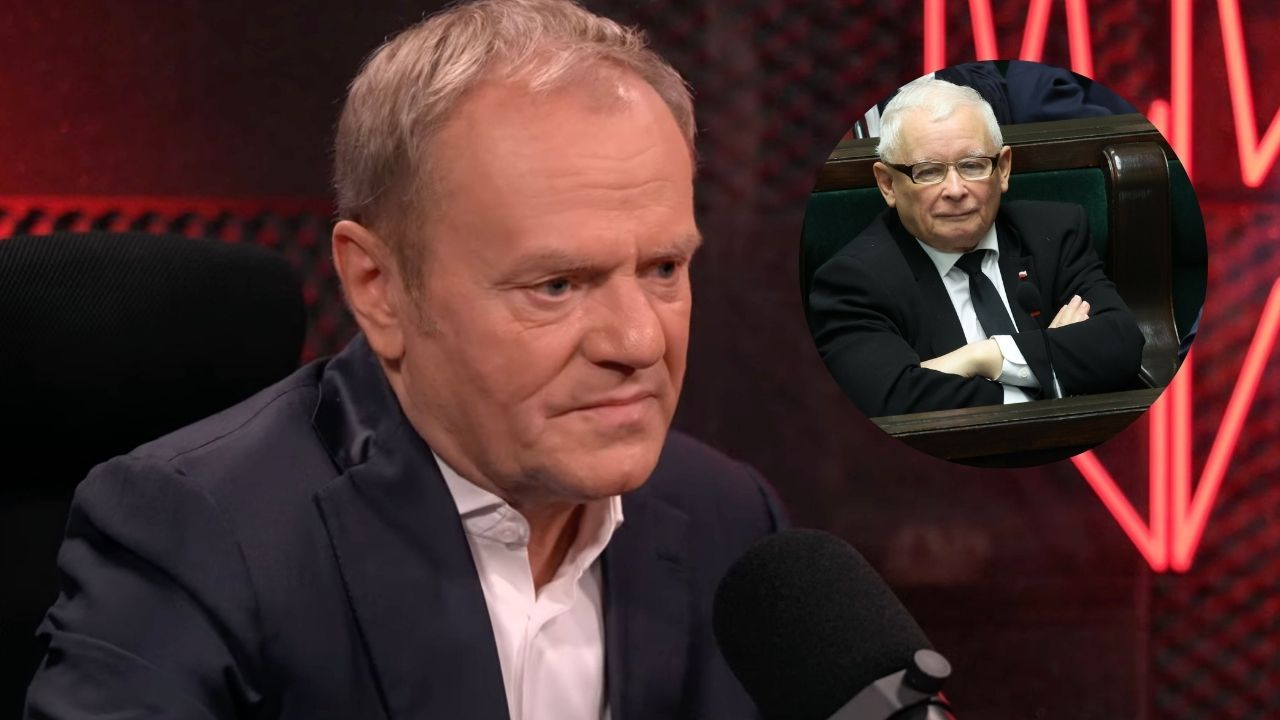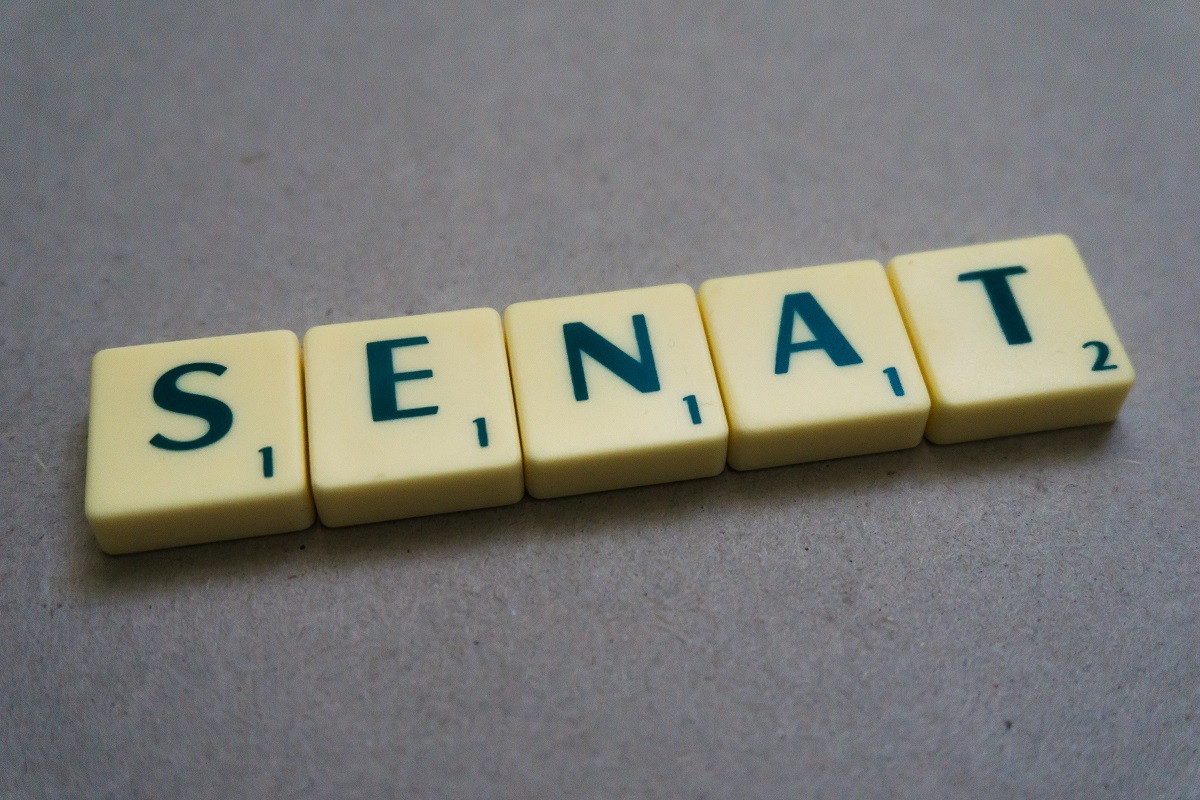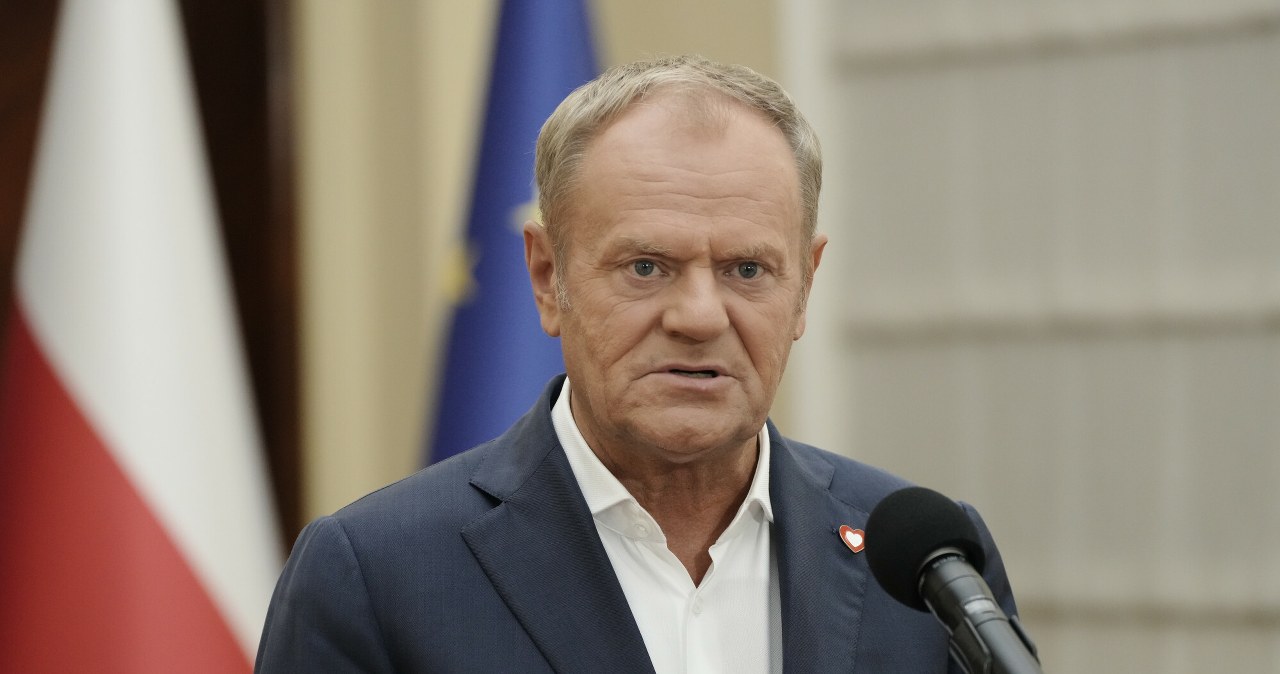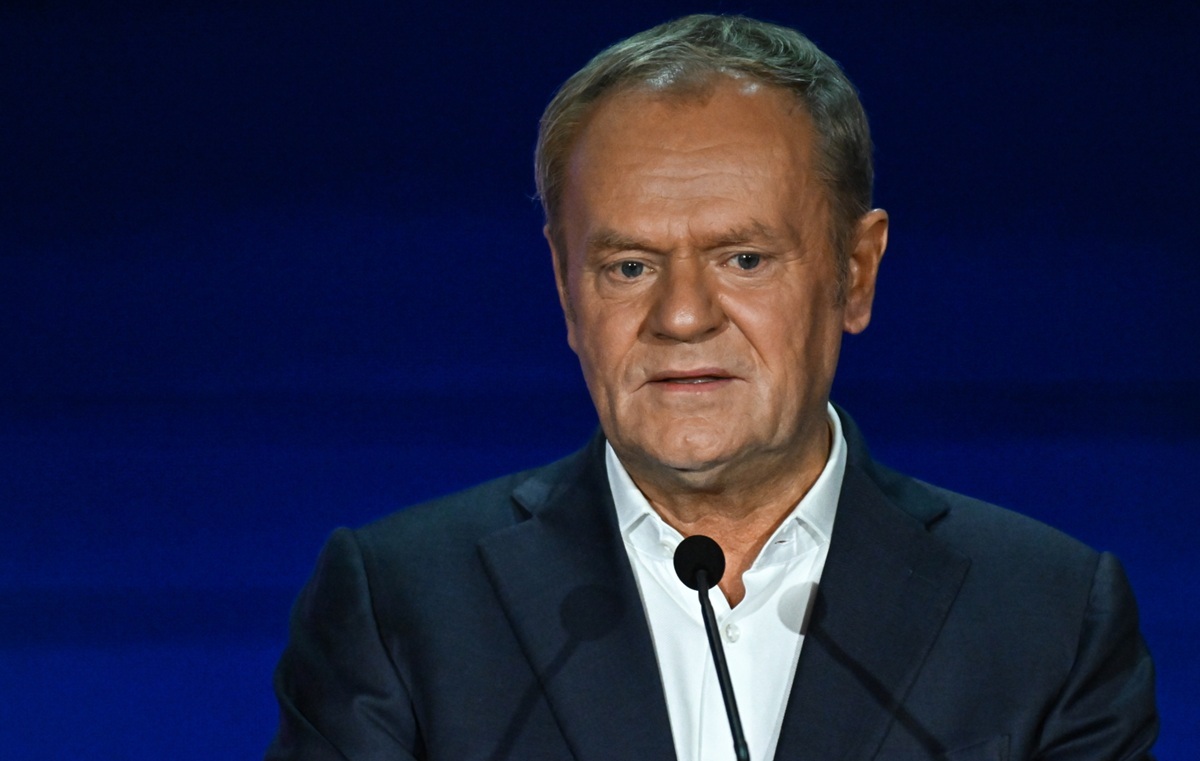A consultation referendum on the position of the Esequibo region was held in Venezuela on Sunday. And there would be nothing different about it, but that the region is part of the territory of neighboring Guyana. And the referendum was about how to take control of it.

This is how Caracas renews almost as old as 2 states' territorial claims, creating tensions which due to the (un)balance of forces can escalate towards armed conflict. In times as stormy as the present and at the same time so strong interdependencies, a possible armed conflict can affect the global situation. But first things first.
We frequently forget that South America is, including its resemblance to Africa, a postcolonial continent. The difference is that decolonization took place in most of its area inactive in the 19th century, and natives were biologically and culturally dominated by visitors (from Europe and Africa) and their descendants. Venezuela is part of the erstwhile colonial empire of Spain. Guyana was formed from the only South American colony of the British Empire (not counting the mercenaries: Trinidad and Tobago and Falkland Islands/Malwins). Earlier, Esequibo was the subject of a dispute between Spain and the Netherlands against them. The Dutch managed to occupy these areas, but under their authority the influx of British colonists from the London-controlled Caribbean islands began. The British made respective approaches to conquering the colony and yet succeeded in 1803 erstwhile they exercised Napoleon's regulation over the metropolitan Netherlands. The Dutch officially approved the Esequibo Empire and the remainder of the Guian colonies in 1814. Spain failed to effectively counter, at that time the emergence of Simon Bolivar was already ongoing, which laid the foundation for Venezuela's independence. It was the successor state that never recognized the western border of British Guyana, especially as gold deposits were found in Esequibo in the mid-19th century.
Read also: Krystian Kamiński: U.S.-China Summit
The dispute led to the establishment of an arbitration committee consisting of 2 British, 2 Americans and 1 Russian. Her vocation was forced upon the British by the powerful US, which then began to enforce the increasingly imperial doctrine of Monroe. This committee, working in the second hemisphere, in Paris, decided by a majority of 3 votes against 2 in 1899 to belong to 94% of the area in question to British Guyana. Today, the area granted forms about 2 thirds of Guyana's territory.
In the next century, erstwhile the British Empire fell apart, Venezuela reiterated its grievances. In 1966, in Geneva, representatives of Venezuela, the United Kingdom and British Guyana signed an agreement on the settlement of the dispute over the border between Venezuela and British Guyana. The paper provides for the establishment of a Joint Committee to lead to a fresh and satisfactory settlement of the border dispute. However, the Commission did not start operations due to the fact that Guyana, who was independent 5 months after the meeting, recognised the validity of the 1899 decision. Venezuela recognized Guajna's independence, but subject to its non-recognition of sovereignty over Esequibo. For the next half century Caracas raised its territorial claims with varying intensity. In 2015, it was intensified by ExxonMobil's discovery of oil deposits off the coast of the disputed region.
The Confederate Republic of Guyana has requested the global Court of Justice to settle the issue. The Court, far from a final decision, has already established temporary measures to order that "the Bolivarian Republic of Venezuela refrain from taking any action that would alter the situation which is presently in force in the disputed territory, in which the Confederate Republic of Guyana administers and controls this area".
Read also: Krystian Kamiński: An crucial function of the Polish university in Vilnius
This is how we reached the Venezuelan referendum held on Sunday. It consisted of 5 questions:
1. “Do you agree to reject by any means and in accordance with the law of the unfair position introduced in the Paris arbitration ruling of 1899, which aims to deprive us of our Guyana Esequiba?”
2. "Do you support the 1966 Geneva Agreement as the only crucial legal instrument to accomplish a applicable and satisfactory solution for Venezuela and Guyana on the dispute around Guyana Esequiba territory?"
3. "Do you agree with Venezuela's historical position that it does not recognise the jurisdiction of the global Court of Justice to settle a territorial dispute concerning Guyana Esequiba?"
4. "Do you agree to argue any legal measurement against Guyana's request to unilaterally dispose of the maritime region until the borders are determined, illegally and in violation of global law?"
5. "Do you agree to the creation of the state of Guyana Esequiba and the improvement of an accelerated comprehensive care plan for the current and future population of this territory, which includes citizenship and identity card? Venezuela, in accordance with the Geneva Agreement and global law, consequently incorporating this state into the map of Venezuela's territory?’
Results: Question 1 – 97.8% on yes; No 2 – 98.1% on yes; No 3 – 95.4% on yes; No 4 – 95.9% on yes.
According to the state electoral commission, 10.5 million citizens were to participate in the referendum. The opposition questioned this number, whether it was anecdotal evidence, presenting recordings and photographs of empty voting venues, or a more serious argument for the scale of economical emigration from Venezuela that could even, according to it, scope 8 million in a country officially inhabited by about 30.5 million people. any commentators, however, point out that the president of the National Election Commission Elvis Amoroso said 10,5 million "voices", which could mean the number of individual responses to each question separately, and possibly even 5 times the number of voters themselves (if everyone answered all questions).
The Venezuelan authorities took cover by leaving all options open, including relaxation, as the referendum was non-binding but consultative. However, although the questions mention to the "laws" treat them selectively, they include a refutation of the 1899 arbitration and the jurisdiction of the MTS and beginning the way to organise their own administration in the disputed region.
In addition to geopolitical and geo-economic significance, the issue may turn to the benefit of the authorities Venezuela besides on an intra-political level, helping to strengthen legitimacy and support for president Nicolas Maduro's camp, as most opposition supporters besides respect the Esequiba region as belonging to their country. Among another reasons was the Argentine junta leader Leopoldo Galtieri erstwhile he attempted to implement an armed claim to the Falkland Islands/Malwins in 1982. He failed, the war lost, as a consequence the junta collapsed. Maduro most likely understands the stakes of this game. Only that the Argentine generals faced 1 of the more militaryly powerful states of the world, and the account of the potentials of Venezuela and Guyana powerfully points to the former. Venezuela has 20-30 million inhabitants. Guyana 816,000 Venezuelan GDP is $99 billion, Guyana is $16 billion. Venezuela yet has comprehensive armed forces equipped with dense equipment with over 100,000, about 200 1000 paramilitary forces and many reservists. Guyana, on the another hand, has 4,6,000 ground troops equipped with respective twelve transporters.
Read also: Krystian Kamiński: Palestinians no longer had much to lose
According to The Telegraph, Venezuelans have already moved 4 peculiar forces to Guyana border. These soldiers are prepared to operate in the deep back of the enemy. However, it must be noted that these are thin forces. Venezuelan media besides exploited the image of people, as claimed by the people of Guyana, who in the recording pulled the Venezuelan flag onto the mast and sang the anthem of Venezuela.
The escalation of political conflict in the military will have serious implications. First of all, for the United States. Hegemony in the western hemisphere was, after all, the first and fundamental step towards the imperial position of the United States. Can Washington afford unilateral territorial changes made in the western hemisphere, on its soft abdomen, by its public protesters, and Venezuela among these? This is simply a challenge peculiarly in the context of the erstwhile American inability of the "change of regime" in that country, and after all, measures specified as a set of extended sanctions were sought, or even the designation of the opposition leader as interim president and the seizure of gold reserves (this is the UK) in 2019.
The US is already powerfully active in the conflict with Russia in Ukraine. In October, there was an Israeli-Palestinian conflict in which Joe Biden's administration tried to restrain the Israelis a little, announcing, for example, that the Gaza Strip should not become another permanent area occupied by Israel. This kind of restraint of 1 of the closest allies shows fear, of the spillage of this war, the entry of further mediate east players, and consequently the direct engagement of the US, due to the fact that Israel is not Ukraine, there is no strategical depth, no greater margin of mistake and endurance.
Read also: "As the perfect right we grow in polls and more, especially young Poles trust us". Interview with Krystian Kamiński
Biden is besides charged with election year. The Americans not only cease to support their country's commitment to sustain Ukraine, but, according to the November Gallup Institute survey, if 50% of Americans proceed to support Israel's actions, they no longer accept them (including the majority of women or non-white citizens, more frequently voting for democrats). Any escalation and engagement in South America would reduce Washington's ability to influence, or even little Washington's intervention in another parts of the world.
Krystian Kamiński - National Movement, Confederacy, MP of the 9th word of the Polish Sejm
nationalists.net/Krystian Kamiński


















